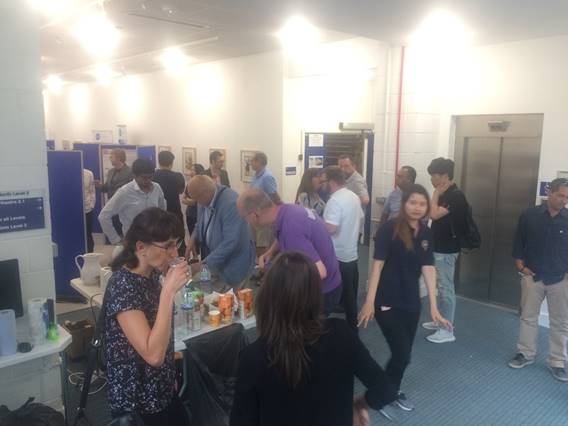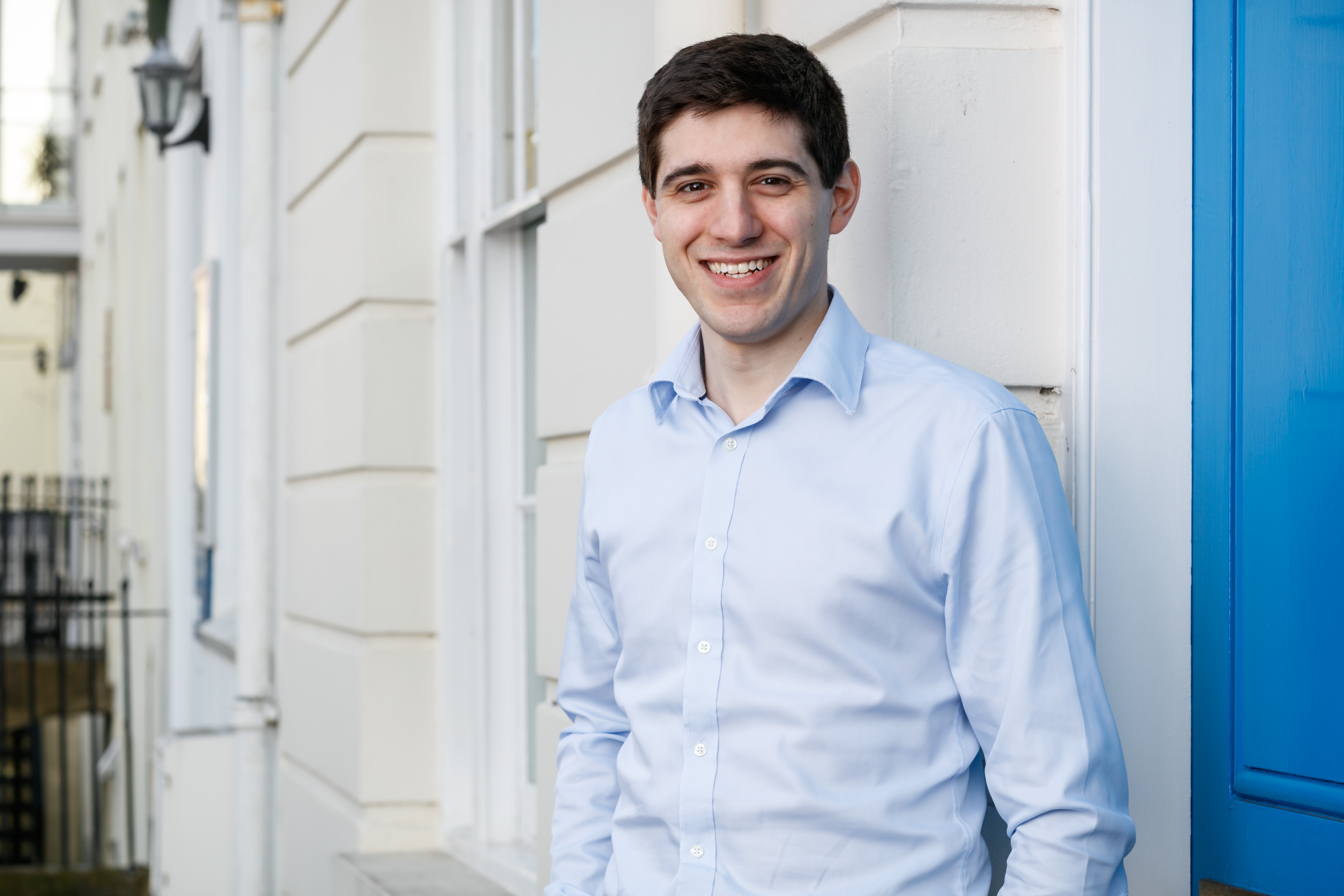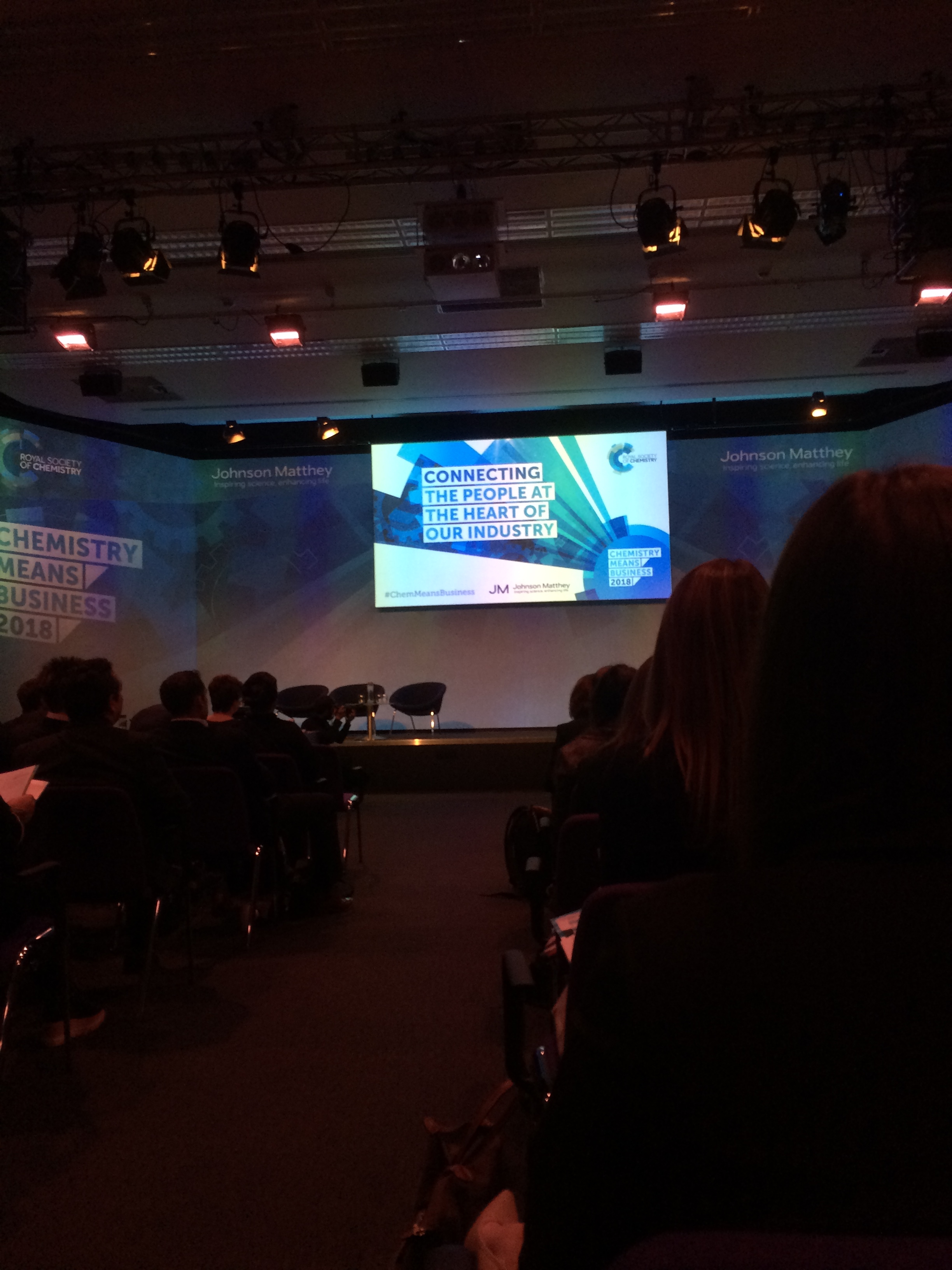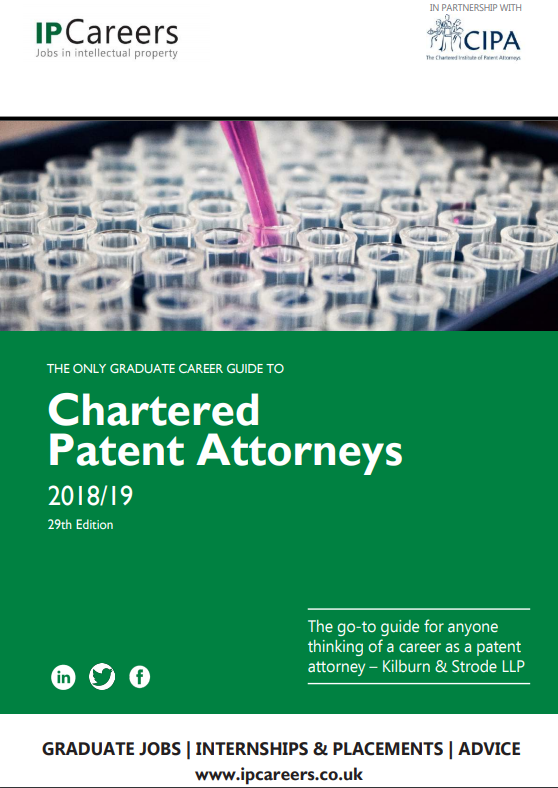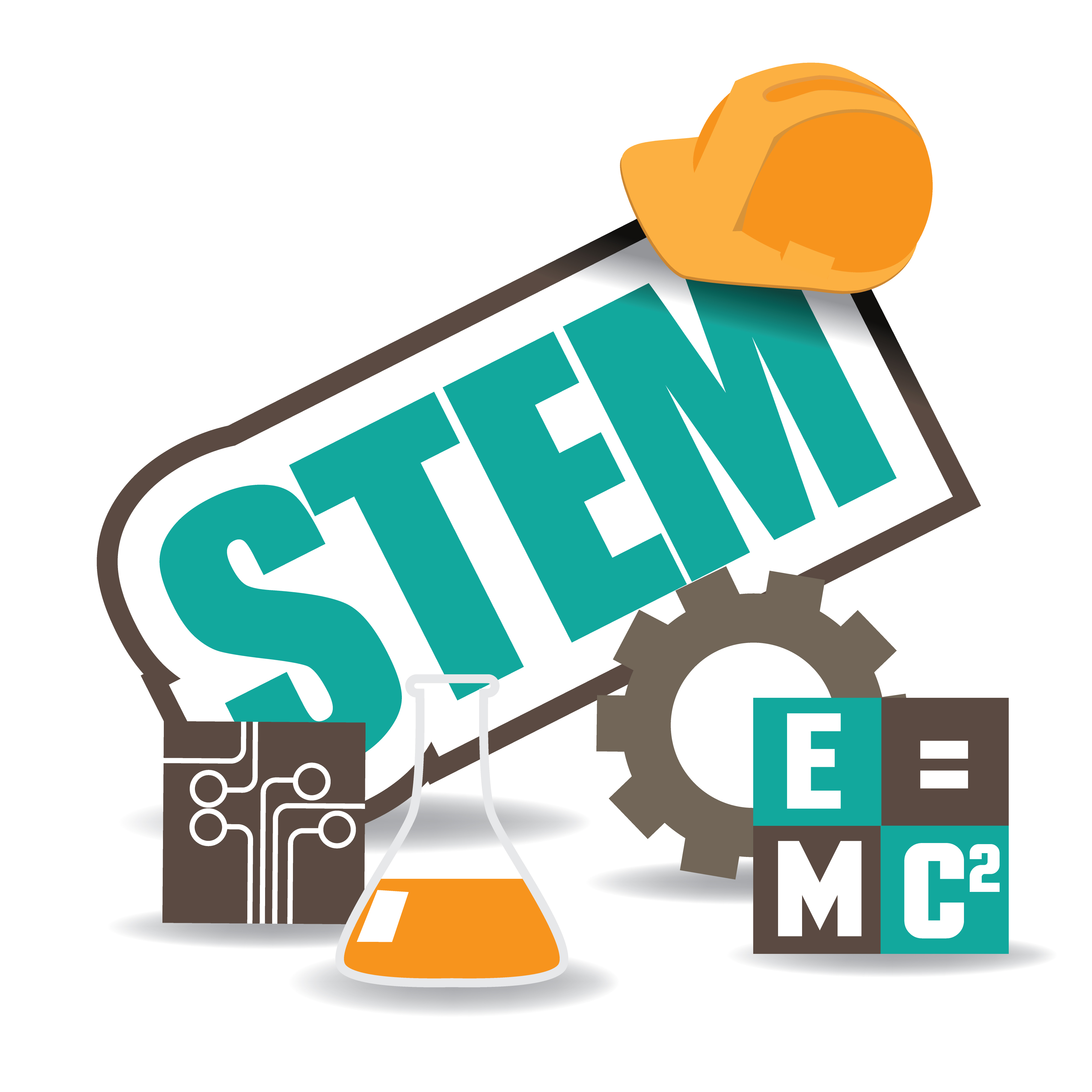Great Western Electrochemistry meeting 2018
Each year, the University of Bath hosts a one-day conference showcasing current developments in electrochemistry. This year, I was invited to give a presentation providing an insight into the world of patents.
The Great Western Electrochemistry meeting is a one-day conference focusing on developments across a wide range of topics, from solar cells and fuel cells to sensors and CO2 reduction. Participants travelled from across the UK to attend the event with some travelling as far as Poland and even Australia to be there. This was a wonderful opportunity to keep up-to-date with current research in electrochemistry, and to raise some awareness of the role patents play in R&D. It was fascinating to hear about recent innovations and the significant progress that has been made in electrochemistry over the last few years, in particular the advances in perovskite solar cells. The prize-winning talk related to developments in a thermoelectric system which converts heat into electricity. It will be very interesting to see how this technology develops over the next few years.
Thanks to Prof. Frank Marken of the University of Bath for inviting me to speak at the event. If any of the participants have any questions regarding patents, then please feel free to get in touch by email.
